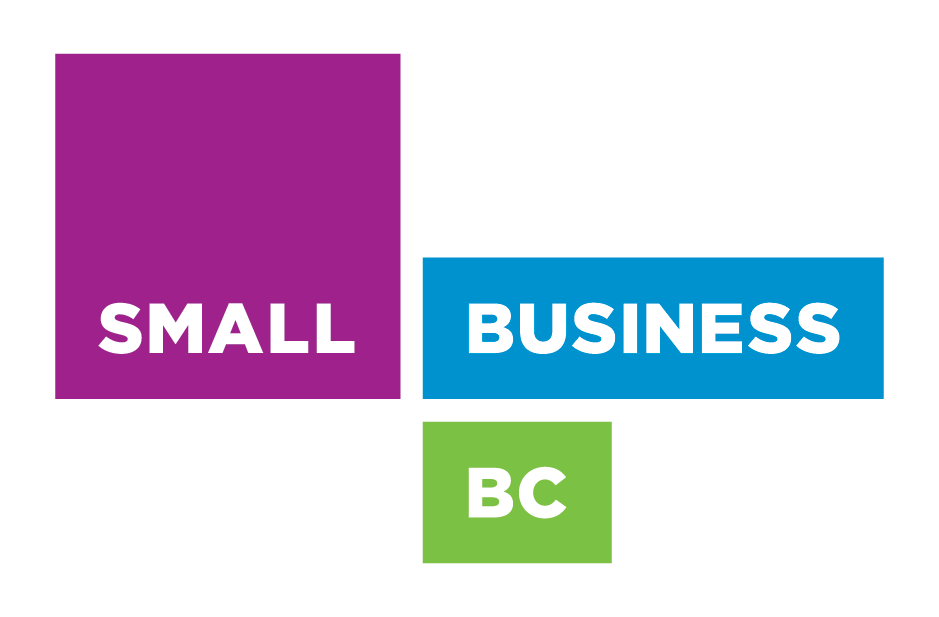Fraser Valley – With the last long weekend of summer around the corner, ICBC is urging drivers to be extra vigilant as Labour Day long weekend is one of the most dangerous weekends to travel on B.C. roads.
About four people die and 560 are injured every Labour Day long weekend from the 1,900 crashes that occur across the province.* The top contributing factors in these crashes are distracted driving, impaired driving and driving in excess of posted speed limits.**
ICBC’s tips:
-
Get some shut-eye: Make sure to get a good night’s sleep before your trip so that you’re alert behind the wheel. Fatigue slows your reaction time; even a slight decrease in reaction time can greatly increase your risk of crashing especially when travelling at highway speeds.
-
Plan your route: Take some stress out of your road trip by planning your route before leaving the house. Check drivebc.ca to view weather and road conditions for major routes throughout B.C. And help yourself by taking rest breaks every 1.5 to 2 hours to avoid driver fatigue.
-
Designate a tech-handler: Program your GPS-device before you head out and ask a passenger to help you navigate and make or receive calls and texts for you so you can stay focused on driving.
-
Keep your distance: Allow at least two seconds of following distance in good conditions, and at least three seconds on high-speed roads. Increase your distance when you’re following a large vehicle (it can block your vision) or a motorcycle (it can stop quicker than a car).
Regional statistics*:
-
Over the Labour Day long weekend, on average, 380 people are injured in 1,200 crashes in the Lower Mainland every year.
-
Over the Labour Day long weekend, on average, 81 people are injured in 290 crashes on Vancouver Island every year.
-
Over the Labour Day long weekend, on average, 80 people are injured in 290 crashes in the Southern Interior every year.
-
Over the Labour Day long weekend, on average, 21 people are injured in 120 crashes in the North Central region every year.
*Based on five year averages (2009 to 2013). Fatality data is police data. Crash and injury data is ICBC data.
**Police data from 2009 to 2013.













